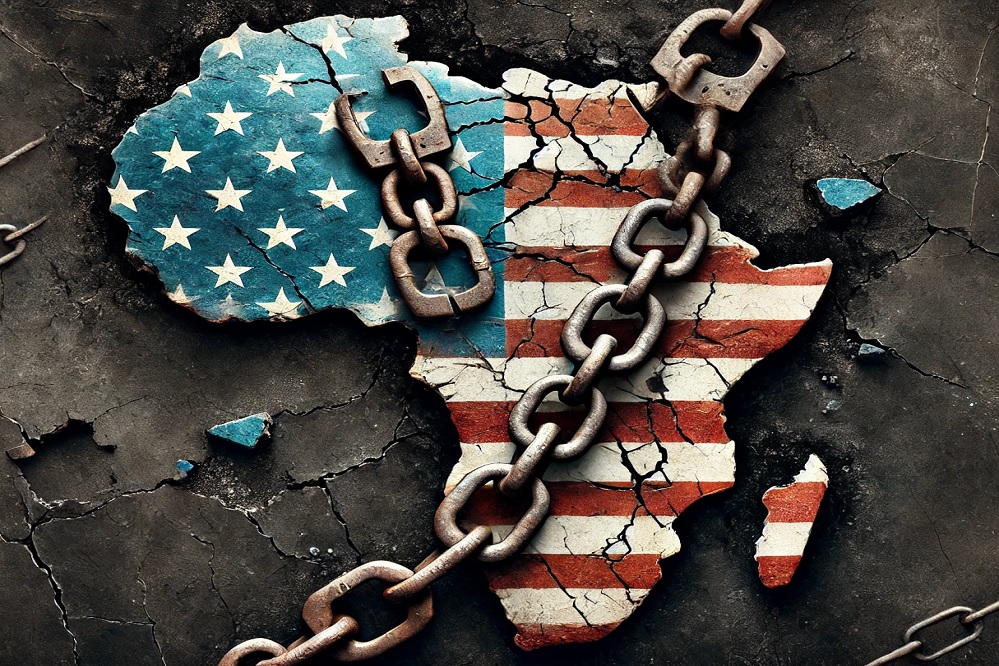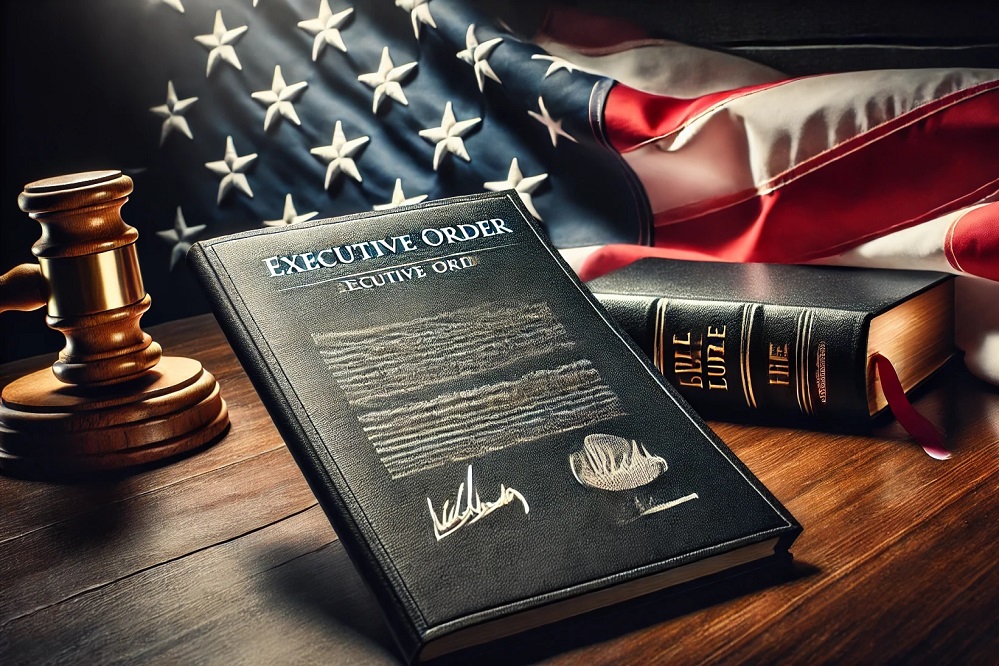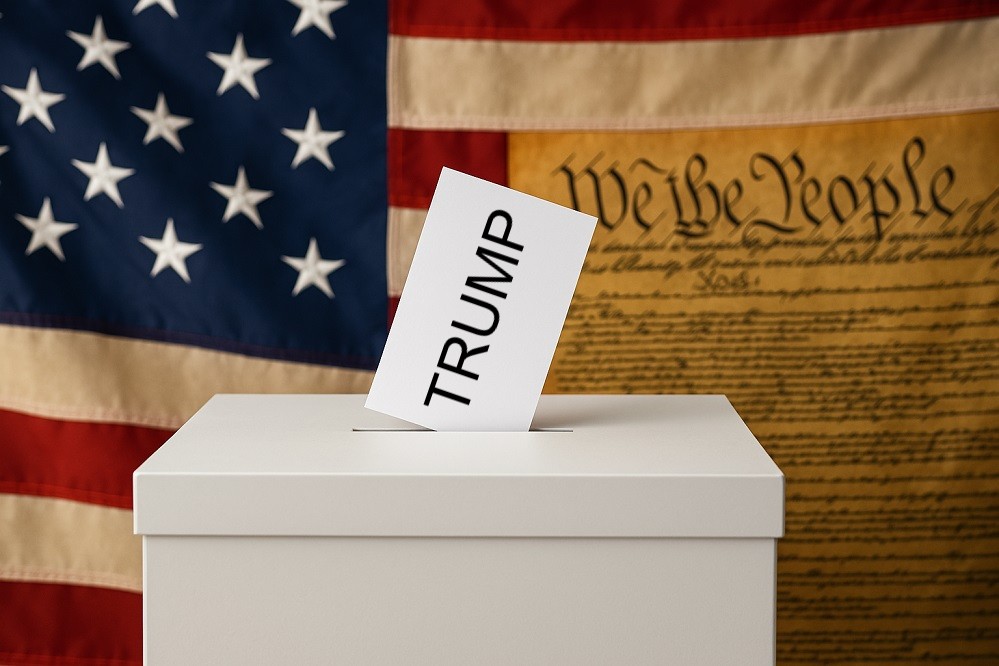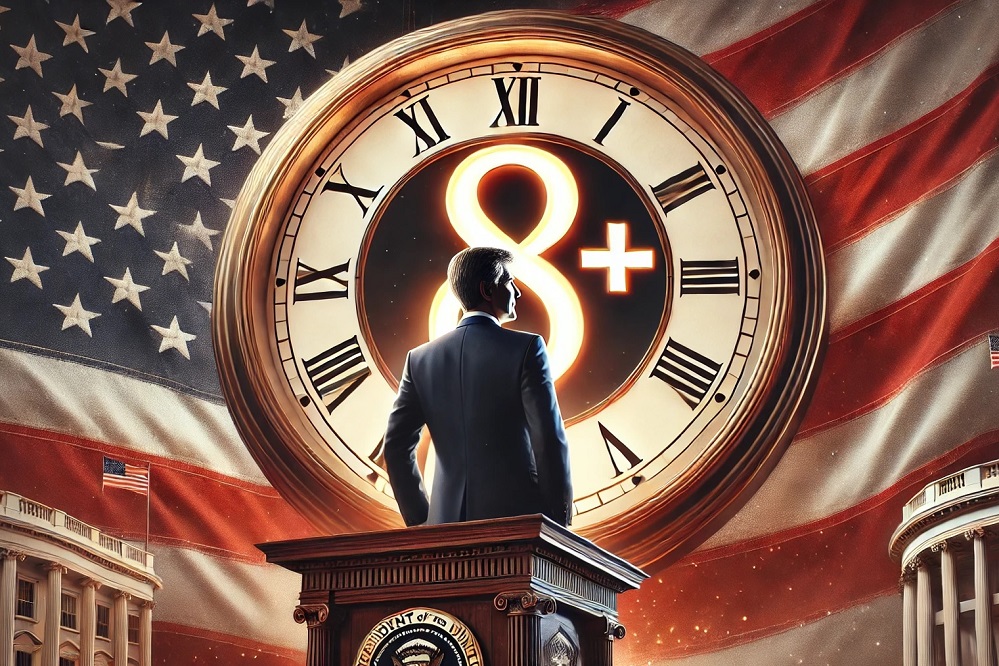Introduction: The Chinese Commercial That Exposed a Universal Truth
In 2016, a Chinese detergent commercial shocked Western audiences. A black man, covered in dirt, flirts with a Chinese woman. She playfully pushes him into a washing machine with detergent. Moments later, he emerges as a clean-cut Chinese man—smiling, attractive, and now ‘acceptable.’ Western media branded the ad as racist. But they missed the bigger message: every race instinctively protects its identity and culture.
China openly values racial homogeneity. Africa’s tribes have warred for centuries to defend their cultural lines. The Middle East fights to preserve religious and ethnic identities. So why are white-majority democratic nations condemned as ‘racist’ for doing the same?
The reality is simple: white people have the same inherent right to defend their culture and borders as any other group. But globalists, Hollywood elites, and Western politicians are systematically dismantling this right through mass migration, forced multiculturalism, and interbreeding propaganda. This isn’t organic. It’s engineered. And it’s creating an endless cycle of division, resentment, and violence that cannot be fixed—until black Americans return to Africa.
But the solution is not just about repatriation. The Democrat Party has been the driving force behind racial division in America since its inception. If America hopes to end this racial conflict, it must do two things: get rid of the Democrat Party from the political system and support black repatriation to Africa. Only these two steps, together, can break the cycle of hate that African slave traders and Democrat elites created centuries ago.
The Root of the Slave Trade: Who Really Started It?
The commonly accepted false historical narrative is that white people created the transatlantic slave trade. But history tells a different story. African slave traders were the original architects of the practice, capturing and selling their own people to Arab and European merchants. African warlords sold rival tribes to the highest bidders, fueling a brutal industry.
The Atlantic slave trade was driven by black Africans and a small group of white Democrat elites who brought slaves to America for economic gain. White Americans, on the other hand, fought and died to end slavery—while Africans continue to enslave each other today in places like Mauritania and Libya. The reality is inconvenient for many: slavery was an African creation, and it only ended because of Western intervention.
This historical truth matters because the narrative that paints white people as the sole perpetrators of slavery is not only false but divisive. The real perpetrators, the African tribes who sold their own people and the Democrat elites who profited from the trade, are rarely mentioned. The deliberate distortion of history fuels resentment and continues to divide communities that could otherwise find common ground.
The Civil War and the Abolitionists’ Warnings
The abolitionists saw the coming disaster long before the Civil War broke out. They warned that bringing Africans to America would create a permanent societal fracture—two vastly different cultures forced into proximity with no shared history, traditions, or foundational beliefs. They correctly predicted that this would result in endless racial tension, violence, and division.
As the transatlantic slave trade grew, Quakers and abolitionists in the North voiced concerns not only about the inhumanity of slavery but also about the potential long-term consequences of keeping freed slaves in America. They advocated for returning all former slaves to Africa, predicting that a failure to do so would result in perpetual racial strife and societal division. The American Colonization Society was founded in 1816 with this very goal, establishing Liberia as a homeland for freed slaves.
The Civil War (1861–1865) erupted from this ideological conflict. It was not merely a battle over the institution of slavery but a broader struggle over the cultural composition of the United States. The North, driven by moral and economic reasons, sought to end slavery and prevent the social decay the abolitionists predicted. The South, dominated by Democrat-controlled plantations, fought to maintain its agricultural economy dependent on enslaved labor.
The war ended slavery but did not resolve the underlying racial tensions. Freed slaves were left without support, direction, or a clear societal role, and the warnings of the Quakers were realized as racial divisions continued to fester. This societal fracture, foreseen decades earlier, continues to plague the nation today.
Why Freed Slaves Did Not Return to Africa
When the Civil War ended and slavery was abolished, the Back to Africa movement emerged, encouraging freed slaves to return to their homeland. Liberia was founded for this purpose, but most freed slaves chose to remain in the United States rather than rebuild Africa. They had become dependent on the American system and were fearful of the unknown. The decision not to return sealed America’s fate, ensuring that the cultural and racial divide would never fully heal.
Freed slaves were given the option to return to Africa, primarily to Liberia, which had been established decades earlier for this purpose. However, the vast majority chose to stay in the United States for several reasons. Africa had become an unfamiliar land to most freed slaves. Generations had passed since their ancestors were taken from their homelands, and many felt disconnected from the continent. The fear of venturing into unknown territory with no established infrastructure or societal support was overwhelming.
Despite the brutality of slavery, many freed slaves believed they were safer in a White Nation governed by White laws, however imperfectly applied. They recognized that the White American legal and societal frameworks provided more stability than the Black tribal conflicts and wars that plagued many African regions.
Returning to Africa required resources that freed slaves simply did not possess. The federal government, after the war, provided little support for repatriation, focusing instead on Reconstruction. Without financial aid or logistical support, most freed individuals saw repatriation as an insurmountable challenge. Africa was far from a peaceful refuge. Tribal wars, political instability, and the remnants of Arab slave-trading networks created a hostile environment. Freed slaves understood that returning would likely mean stepping into a new kind of war—one to dismantle the very systems that had sold their ancestors into bondage.
The United States, even in its post-war state, offered greater economic prospects than many African nations. Freed slaves, particularly those with acquired skills or education, saw potential for upward mobility in America that Africa simply could not match at the time. Freed slaves had learned valuable lessons about governance, democracy, and individual rights from the Republican abolitionists who had fought for their freedom. They possessed knowledge that could have been instrumental in helping Africa escape its cycles of tribalism, corruption, and violence. By returning to Africa, these individuals could have led efforts to build constitutional governments, establish educational institutions, and end the deeply rooted systems of slavery still present across the continent.
Their decision to remain in the U.S. ultimately deprived Africa of potential reformers and left the continent vulnerable to ongoing exploitation and internal strife.
The Role of Jewish International Bankers and Globalists
Throughout history, powerful banking families have profited from war, migration, and societal division. Wealthy international banking elites—many of whom have been historically associated with Jewish banking dynasties—played significant roles in financing both the transatlantic slave trade and modern immigration policies. These globalist financiers recognized early on that divided populations are easier to control and that mass migration could destabilize national identities.
By funding media outlets, activist organizations like BLM, and educational institutions, these elites have pushed the narrative that white-majority nations must accept mass immigration while other regions like Asia and the Middle East retain their homogeneity. The financial motivation is clear: a fragmented, rootless society is easier to exploit for consumerism and global governance.
The influence of these elites extends into the financial architecture of the modern world. Central banks, international lending institutions, and non-governmental organizations (NGOs) serve as instruments of social control. The more a society is fractured by immigration and cultural conflict, the more it turns to these global financial institutions for stability—further tightening the grip of elite interests.
Islam’s Role in Slavery: A Forgotten Legacy
The Arab-Muslim slave trade predated the transatlantic slave trade by over a thousand years and enslaved millions of Africans, many of whom died en route to the Middle East. This trade was brutal and unrelenting, with castration of male slaves, mass abductions, and systemic dehumanization. Even today, slavery persists in Muslim-majority countries like Mauritania and Libya, yet Western activists and organizations like BLM remain silent.
Islamic slavery was not simply about labor; it was about domination and submission. African men were often castrated to prevent them from fathering children, while African women were sold into sexual servitude. The West ended its involvement in slavery centuries ago, but these practices continue in parts of the Islamic world. The refusal of modern activists to acknowledge this ongoing atrocity reflects the selective outrage that defines the current racial discourse.
Hollywood and Media’s Forced Interbreeding Agenda
Hollywood has become the most potent weapon in the globalist toolkit. For decades, movies, TV shows, and commercials have relentlessly promoted interracial relationships, particularly between white women and black men. This is not a natural societal evolution but a deliberate propaganda strategy to dissolve distinct cultural and racial identities.
The psychological fallout is clear. Black women feel marginalized when media glorifies black men with white women. White men feel emasculated when media portrays them as weak and passive. The goal is simple: sow division, resentment, and confusion to weaken national unity.
The media’s influence extends to educational curricula and social media algorithms, which reward diversity messaging while punishing voices that defend cultural preservation. The ultimate goal is to break the historical, cultural, and emotional bonds that unite communities.
China’s Neo-Colonialism in Africa
While the West grapples with racial division, China is silently colonizing Africa. Chinese corporations have bought millions of acres of African land, secured mining rights, and built infrastructure under debt-trap diplomacy. African nations, burdened by unsustainable debt, are effectively ceding sovereignty to China.
China’s influence goes beyond economics. Mandarin is being taught in African schools, and Chinese media propaganda portrays China as Africa’s savior while quietly siphoning off its resources. China uses its economic leverage to secure favorable trade deals, often leaving African countries powerless to manage their own economies. This growing dominance poses a significant threat to any future repatriation efforts.
The Psychological Impact of Forced Multiculturalism
Mass immigration combined with multiculturalism creates feelings of alienation and resentment. Native citizens feel displaced, while migrants feel disconnected. This engineered chaos makes populations easier to control. A population fragmented along racial, cultural, and linguistic lines is less capable of organizing effective resistance to authoritarian governance.
The psychological effects extend beyond the political sphere. As shared cultural traditions and national pride are eroded, individuals lose their sense of collective purpose. This void is filled with shallow consumerism, making the population more susceptible to corporate and government manipulation.
The Democrat Party’s Historical Deception
The Democrat Party’s shift from overt racism to identity-based politics is a calculated deception. They once fought to preserve slavery; now, they exploit black communities for political gain. By promoting a victimhood narrative, the Democrats maintain control over black voters while simultaneously vilifying the nation’s founding principles.
The party’s historical legacy includes the creation of the Ku Klux Klan, the enforcement of Jim Crow laws, and opposition to civil rights legislation. Today, Democrats employ more subtle tactics, like promoting critical race theory to perpetuate resentment and division. The Democrat Party should have the motto ‘you freed our slaves so we will gaslight you using forced immigration and a false historical narrative to destroy white America and white Democracy and enslave you all.’
Conclusion: Repatriation and the Rebuilding of Africa
America must step in, annex Africa, and implement Western constitutional principles and basic Christianity to replace tribalism, Islamism, and corruption. This intervention should focus on building infrastructure, establishing educational institutions, and fostering economic independence. Africa’s natural wealth can sustain its population if managed with integrity and competence.
The process of repatriation would involve incentivizing voluntary relocation, providing financial and logistical support, and cultivating African leadership that embraces democratic governance. The long-term objective is a stable, prosperous Africa, free from the cycles of poverty and corruption that have plagued it for centuries.
The only way forward is to dismantle the Democrat Party’s grip on the narrative, repatriate black Americans to Africa, and rebuild the continent with democratic values. This conversation is the ultimate taboo—but without it, we are doomed to eternal division.




